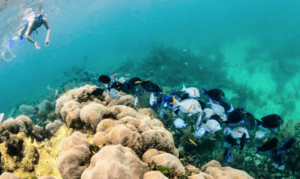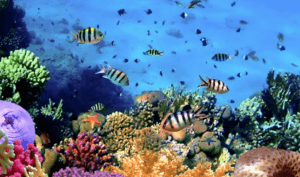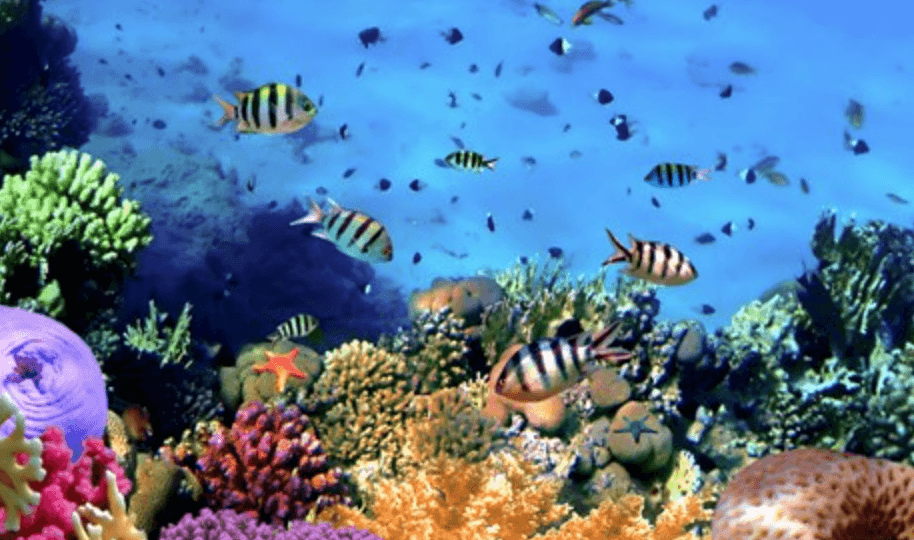I am often asked ‘What is the best moisteuriser?’ – the answer for me every time is ‘ Sunscreen ’.
Sunscreen will help protect against Melanoma and other skin cancer development as well as slow down the progression of wrinkles. At the same time, it is a very good moisteuriser
Whatever Sunscreen you prefer make sure it has a SPF of 50 or greater. Gone are the days when sunscreens were thick and unfriendly to your skin. Most of the sunscreens on the market now are ‘skin friendly’.
It is really a ‘horses for courses’ type thing with sunscreens. By that I mean that although a particular sunscreen is liked by yourself, that same product may not suit someone else. We have found over the years that the Neutrogena and Sunsense brands are suitable for most people. They are well developed and researched products and seem to suit almost everyone’s skin.
How often should I apply my sunscreen?
It may seem crazy but the standard to which most sunscreens around the world are tested involves a 2mm thick layer of sunscreen!! Hence, if you read on the product that it lasts 4 hours that really means it will last 4 hours if you put it on 2mm thick – who does that?
Because most of us will use less than a 2-mm layer it is generally accepted that most of the sunscreens will only last a couple of hours – so you need to reapply your sunscreen every couple of hours whilst outside.
When should I apply it?
We now know that there is really no need to apply your sunscreen 20 minutes before you go outside so don’t worry about needing to put your sunscreen on until you are about to begin your outdoor time.
Should it be used all year around?
What has come to light recently though is that in NZ there are only a few days a year where there is insufficient UV light to cause damage to our skin. I think it is a fairly widely held view that ‘you can only get sun damage to your skin if the sun is out’. However, the reality is that the Ultraviolet damaging sunlight is present in large amounts wherever you can see blue sky.
That means that ideally, you should use a sunscreen even in winter (especially those clear winter days).


What have sunscreens and the coral reef got in common?
It now seems clear that some components of some sunscreen’s can kill coral. Oxybenzone is a common component of many sunscreens and has been shown to cause a variety of reactions in coral from bleaching to killing the coral.
Think of all those people who have put on sunscreen before going snorkeling around some coral reef. Unknowingly they have probably been contributing to the death of some parts of the worlds coral reefs. I’ve been one of those people –hmmm.
If you are planning on swimming around some coral, try and use a sunscreen without oxybenzone in it (the labelling should make it pretty clear). Alternatives such as sunscreens with zinc oxide or titanium oxide could be used.
For more information on sunscreens see our blog on Physical V Chemical sunscreens in Jan 2018.
GB



